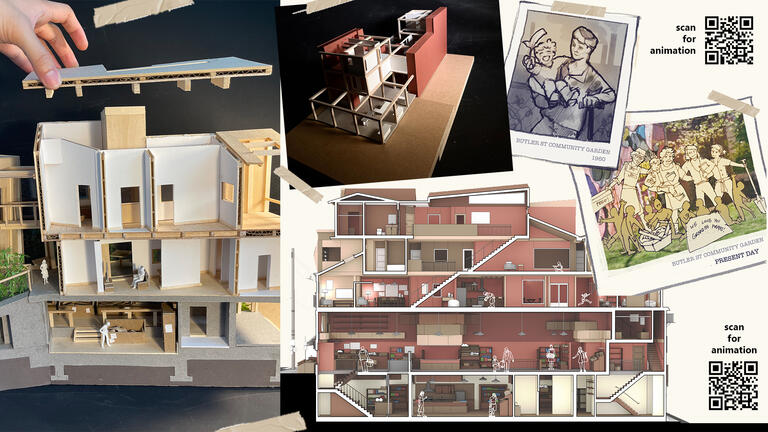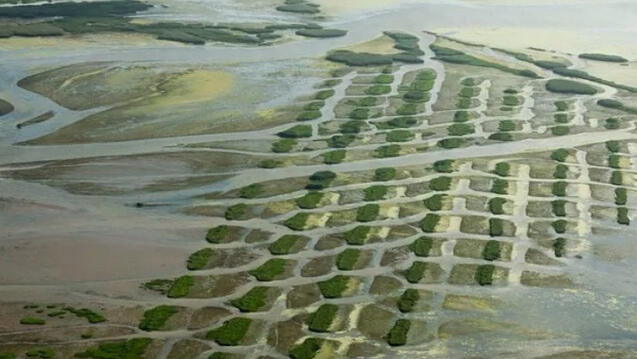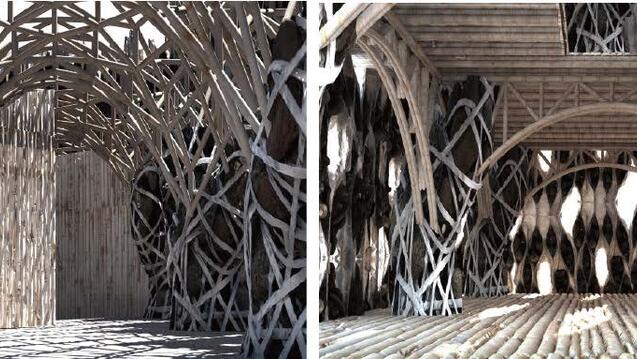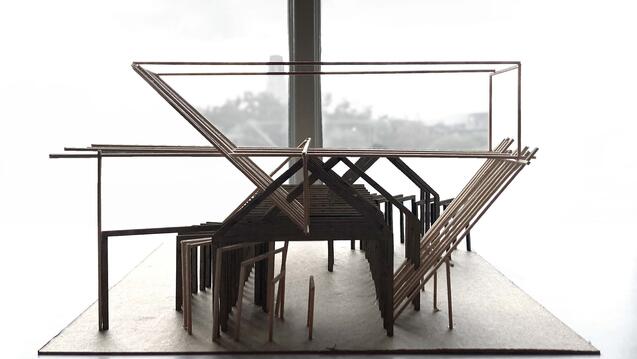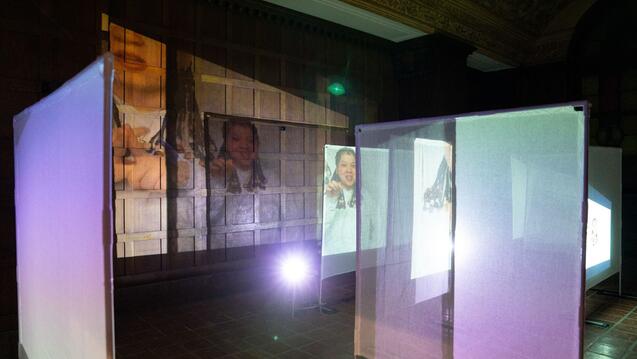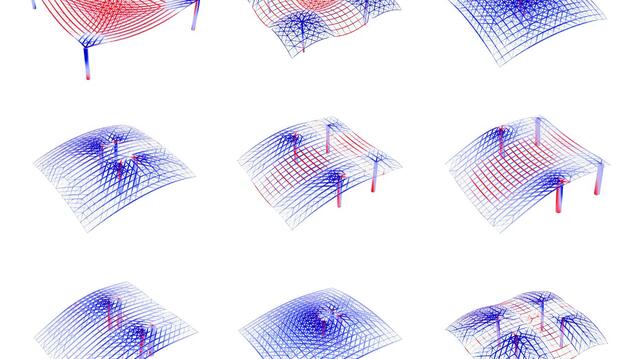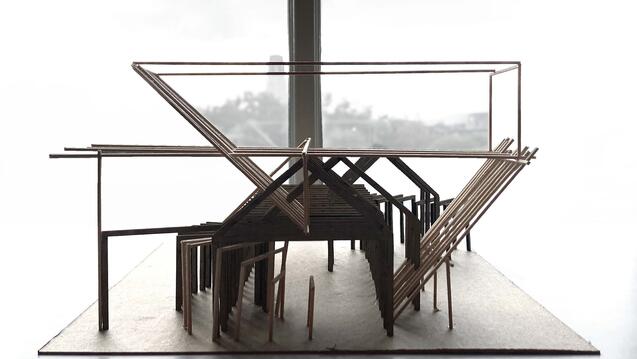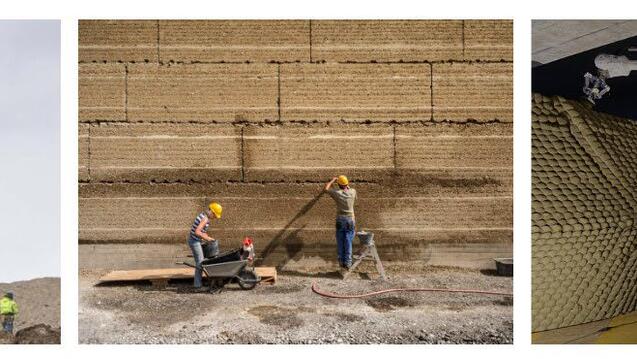This studio investigates the Past Futures of the Great American Mississippi River. The studio is focused, in part, on the problem of how we construct facts and our understanding about the built environment.
The ambition of this studio is to examine the architecture of adaptive reuse, focusing on bio-remediation through the use of invasive species and mycelium, along with material circularity, embodied energy and labor frameworks as primary inspirations for the formation of matter.
This course is designed for B.Arch students to take a year before their final spring semester. The course develops an understanding of research methods and explores the formation of ideas for architecture thesis projects.
An architectural thesis is a proposition that results from a critique and reexamination of the role of architecture as a critical participant in the conditioning of (public) space. Marking the transition between academic and professional practices, the thesis project is an exciting opportunity for students to define their unique positionality and modes of practice relative to the discipline of architecture.
This course introduces the fundamentals of strength of materials, computational modeling of structures, and basic finite element (FE) analysis. This is a hands-on, skill-building course about learning how to translate a conceptual design intent into a computational structural model, then applying material and boundary condition constraints to analyze and understand structural behavior.
This studio will continue to understand architecture as a modulator of complex cultural and historical flows, but aims to do so by intensively exploring, evaluating and expanding the role that tectonic cultures and their associated modes of architectural expression play in shaping our world.
This course is designed for M.Arch students to take a year before their final spring semester. The course develops an understanding of research methods and explores the formation of ideas for architecture thesis projects.
This course introduces students to contemporary methods of construction and draws attention to the materialization of architectural intent. It foregrounds the historical, technological and conceptual basis of construction systems to understand the building as a process and cultural artifact.
This graduate seminar explores architecture and adjacent creative fields – industrial design, graphic design, etc. – to understand design leadership models that fuel future-forward speculation.
This course explores the systems of economic, political, social and regulatory forces driving the production of contemporary architectural projects. It critiques these systems, examines alternatives, and tests interventions in pursuit of value propositions outside of the bottom-line driven norms of late capitalism.
This course is for graduate students participating in the prestigious national Urban Land Institute (ULI) Hines competition. This is an intensive real estate and urban design competition that will take place January 9 - January 23rd.
